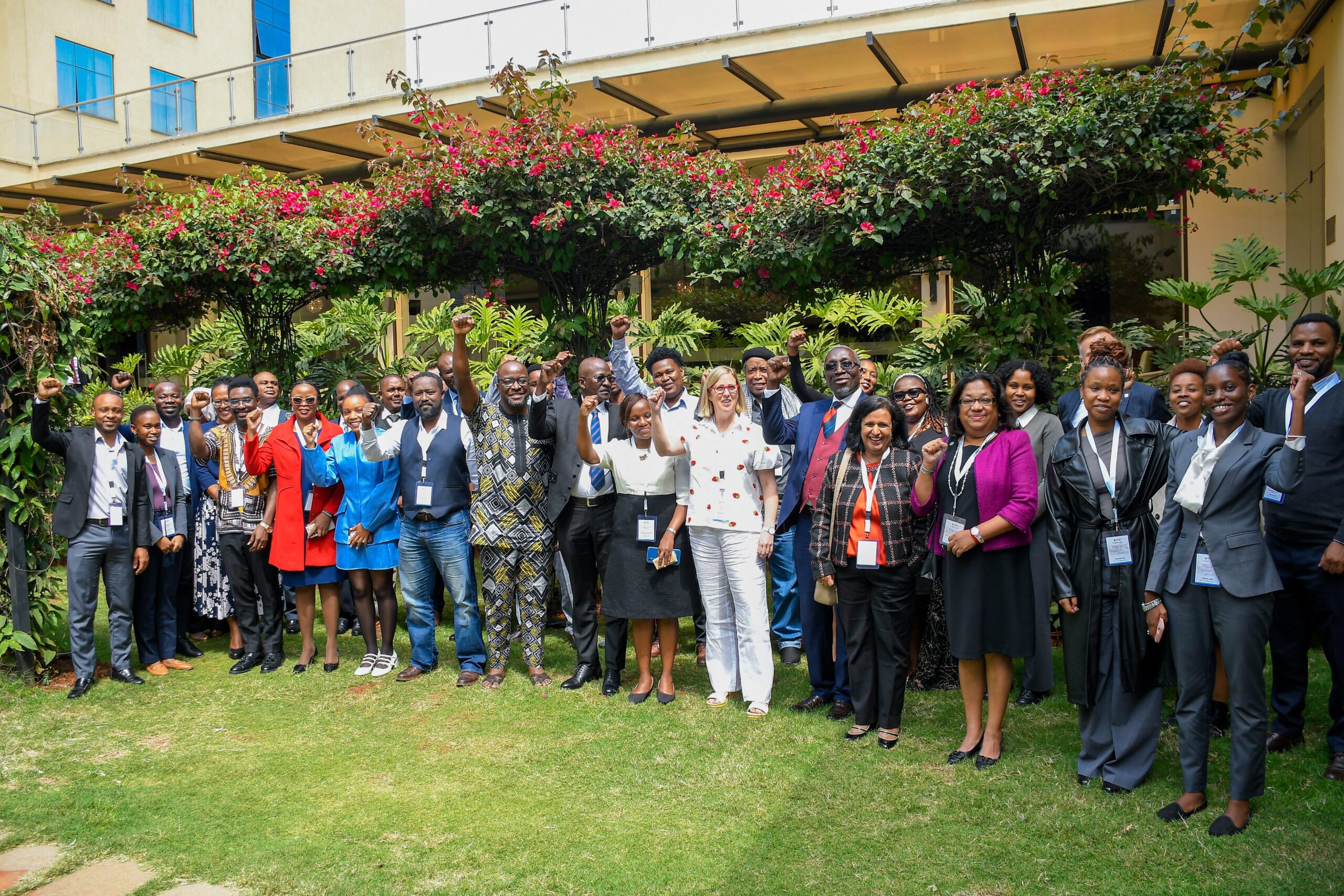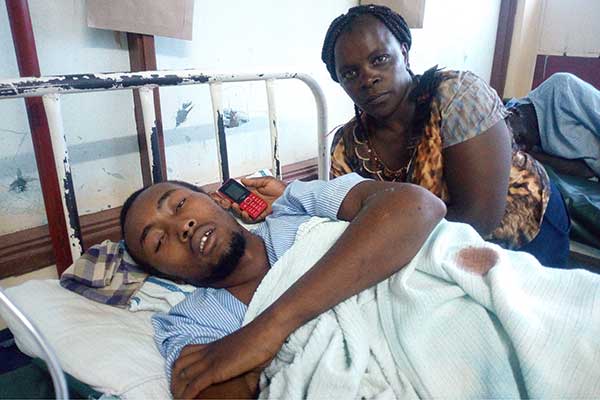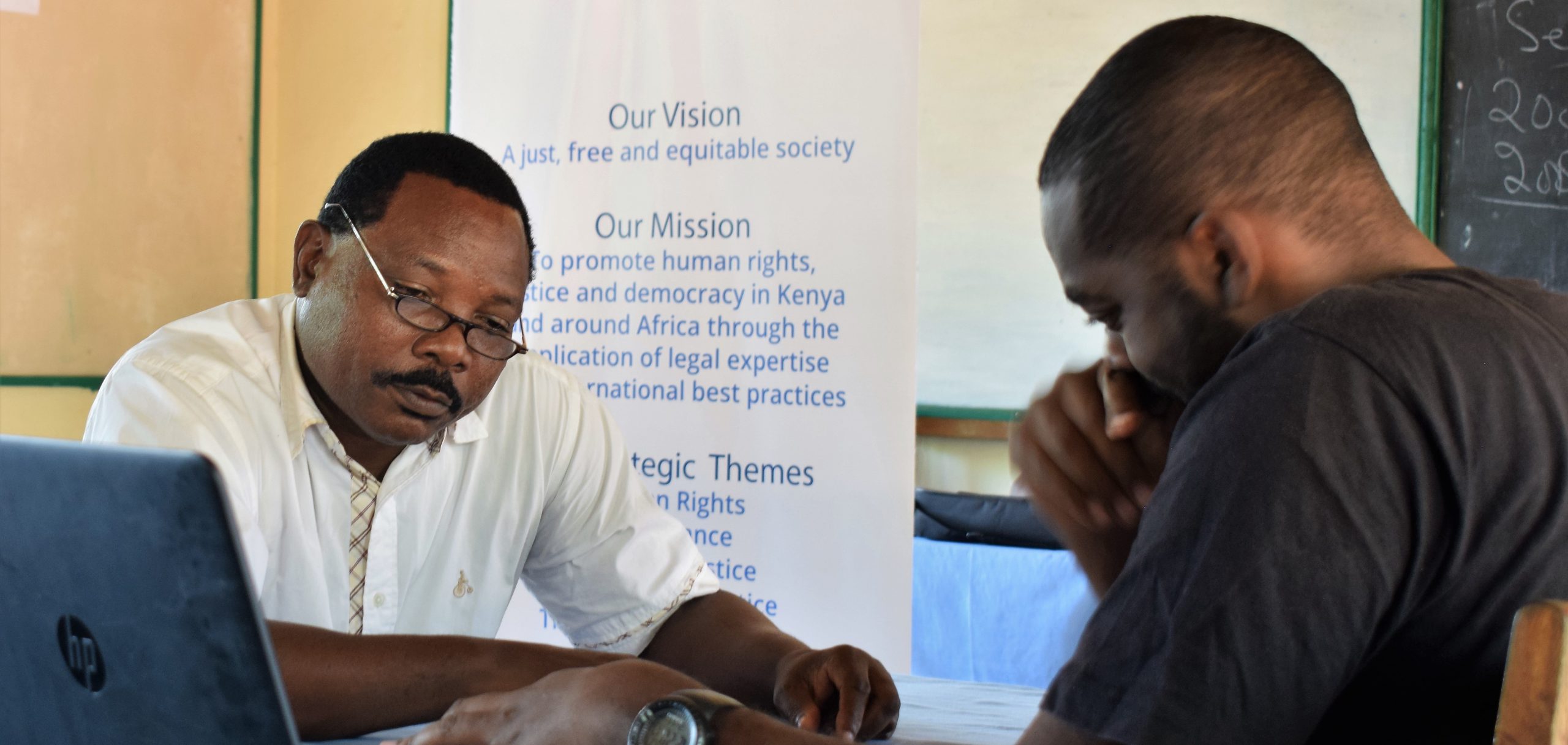By Sarah Nyakio
The 2017 election marked an important milestone in Kenyan election jurisprudence. On September 1, 2017, the Supreme Court of Kenya annulled the August 8 Presidential elections citing illegalities and irregularities in the electoral process, particularly on the part of the Independent Electoral and Boundaries Commission (IEBC). This was after a petition filed by Raila Odinga of the National Super Alliance (NASA) coalition which challenged the declaration that Uhuru Kenyatta of the Jubilee Party was the winner.
Unlike previous presidential electoral grievances, which had either degenerated into generalized violence or yielded futile legal challenges, the Supreme Court in a historic judgement annulled the August 8th presidential elections on the basis that they were fraught with many illegalities and irregularities which negatively impacted the integrity of the elections. It found that the process employed by the Independent Electoral and Boundaries Commission (IEBC) in arriving at the results, which led to a declaration of the incumbent President Uhuru Kenyatta as the winner, was not free or fair, and therefore invalidated the results. It held that no reasonable tribunal could uphold the August 8th Presidential Election. Kenya became the fourth country in the world and first in Africa to annul a Presidential election through a court process.
On Friday, February 1, ICJ Kenya launched a working papers series on the 2017 elections. The publication assessed the observance of human rights, rule of law and governance and raises pertinent concerns from the 2017 election cycle.
Given that the election was closely contested, the annulment was followed by attacks on the judiciary from the incumbent executive, with the latter accusing the Supreme Court of instigating a ‘judicial coup’. In accordance with the Constitution, the Court ordered that a fresh presidential election is held within sixty days. The IEBC initially scheduled the repeat poll for October 17, 2017, and later rescheduled the election to October 26, 2017. In the period between the annulment and the repeat poll, the opposition stated that it would not take part in the repeat poll because the illegalities and irregularities highlighted by the Supreme Court on 1st September had not been addressed. The opposition indicated that it had no faith in the electoral management body to carry out a credible repeat poll. A political crisis ensued in this period with widespread protests which
ICJ Kenya Governance Programme officer Cecilia Mugo who is also a contributor to the paper series said the police reform agenda should seek to change behaviour and mental attitude of the police and should inculcate in the direction key attributes of democratic policing.
Particularly, the paper series focuses on the State of Judicial Independence in Kenya following the annulment of the August 2017 Elections and subsequent onslaught by the Executive; assesses the jurisprudence developed in both Presidential election petitions heard by the Supreme Court in 2017 as well as related case law; the potential judicialization of Politics in Kenya; burdens on the Judiciary; and its effect on the relationship between the three arms of government. The paper series also reflects on the excesses of state security agencies during the 2017 Electoral cycle and includes cartoon illustrations that speak to the text. Most importantly, the paper series proposes key recommendations for electoral reforms.
See link attached to get a copy bit.ly/2t5kqwt










